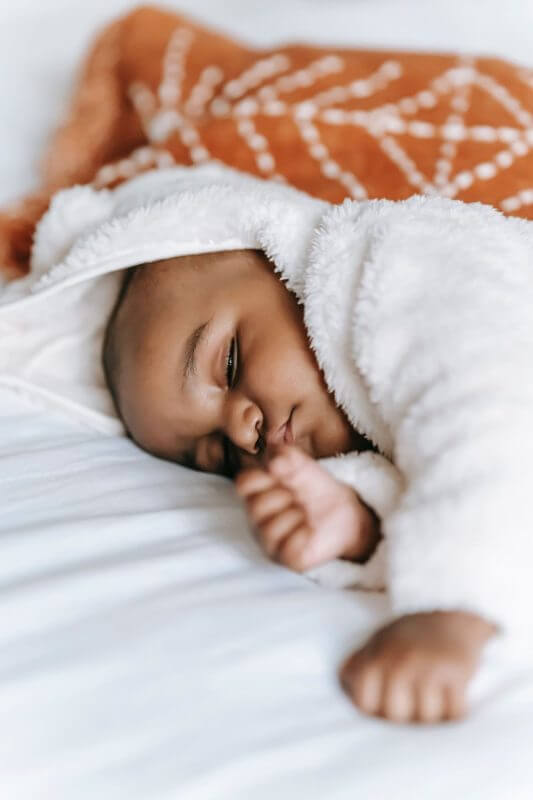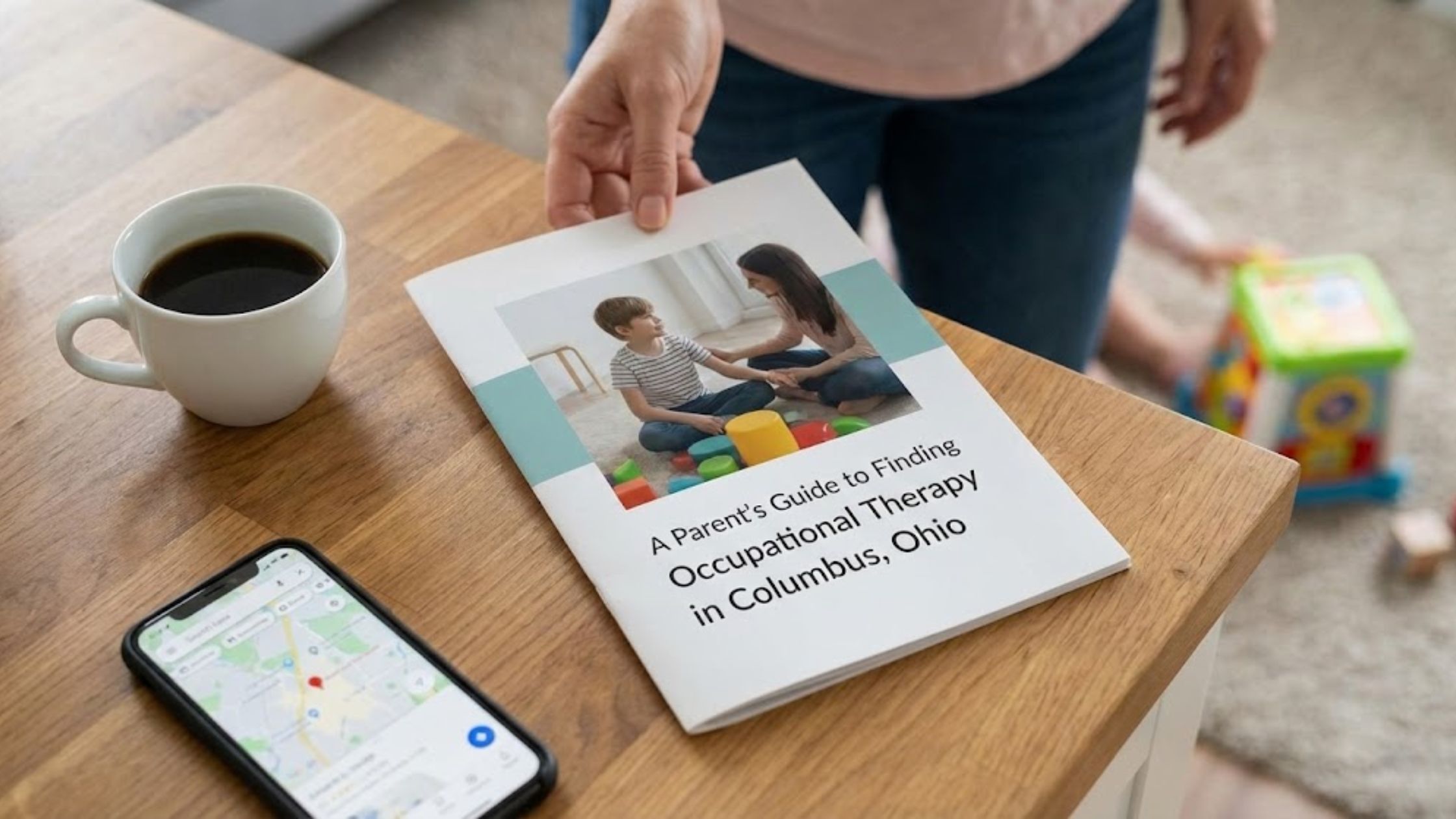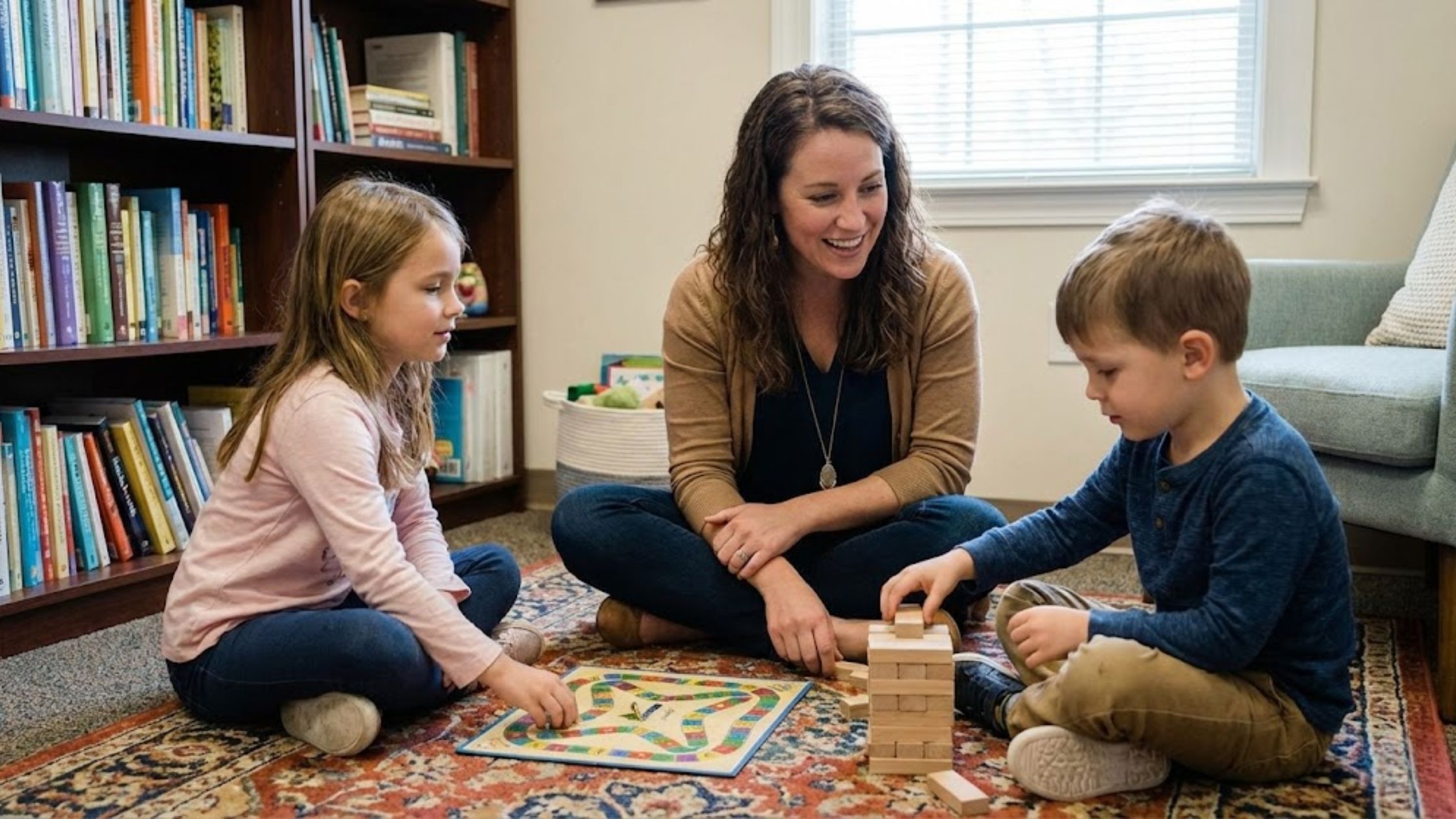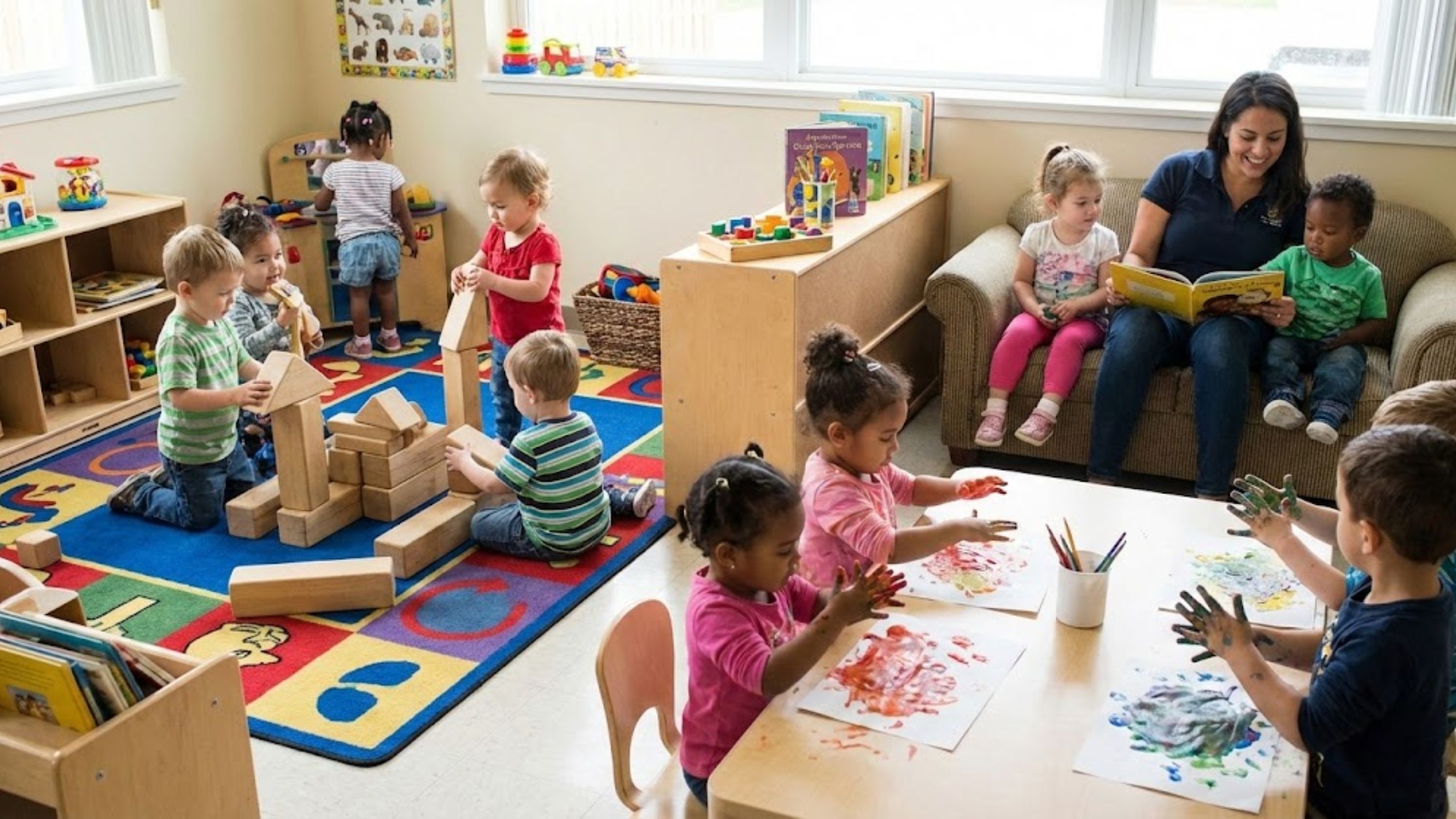Can babies have nightmares? Babies cry a lot. This crying is their way of sending us messages that they would instead have said if they could already speak.
But when they cry in the middle of the night while already sleeping, it’s a different story. It freaks us out more if they don’t stop crying after checking that they are not sick or anything that could cause them to act that way.
According to a study by Harriet Hiscock and Margot J. Davey, “Sleep Disorders in Infants and Children” in the Journal of Paediatrics and Child Health as compiled by Wiley, at least 30% of parents report they have problems with their infant’s or child’s sleep in the early years of life.
WHY DOES MY BABY WAKE UP SCREAMING AND CRYING?
The possible causes a baby cries during sleep are:
- Hunger
- Stomach uneasiness like poor digestion
- The temperature of the room makes them uncomfortable
- Not feeling well
- bad dreams and nightmares
Once you hear your baby cry at night while sleeping, you probably think she has bad dreams, nightmares, or night terrors. Are they the same? Is there even a difference
between the two?
PARASOMNIAS
Parasomnias are disruptive sleep-related disorders that include abnormal movements, talk, emotions, and actions that happen while a person is fast asleep. Nightmares and night terrors are examples of these parasomnias, including sleepwalking, sleep-related eating disorder, and sleep paralysis.
NIGHT TERRORS
Night terrors may happen mostly with toddlers and preschoolers during the deepest stages of sleep. The state of deepest sleep is usually early in the night when parents are still often awake.
A night terror causes a baby to cry uncontrollably and have that terrified look. Your baby thrashes around while screaming and kicking or sometimes stares as if you’re not there. A night terror may also cause your baby to sweat profusely, shake, or breathe fast. When you try to hug and hold, your baby pushes you away, not seeming to recognize you at all or not realizing that you are there.
NIGHTMARES
Dreaming can be intense during the second half of the night when your baby is in a deep sleep and already in the state of rapid eye movement (REM). This dreaming coupled with crying and fear is called a nightmare. Babies may have trouble falling back to sleep after it.
RAPID EYE MOVEMENT (REM) phase
Sleeping has two cycles, the Non-REM and the REM phases.
The eyes move around rapidly in all directions during the REM phase. The eyes may be busy moving around while sleeping, but this activity doesn’t send any visual information to the brain. With a non-REM sleep cycle, this doesn’t happen.
NON-REM phase
This non-REM phase is the first period in the sleep phase; then the next one is the shorter period which is the REM phase. After which, the cycle starts over again back to the Non-REM, then REM. Dreams happen typically during the second period.
CAN NEWBORNS HAVE BAD DREAMS?
We do know that newborns, infants, and toddlers sleep a lot. And like adults, they also go through the non-REM then REM phase. But there is still no technology that could help determine if newborns or babies have dreams, which will remain a mystery until then.
As soon as children could speak, you may ask them about their dream, and for sure you will be surprised with their answers and stories.
WHAT SCIENTISTS SAY
David Foulkes, one of the world’s leading experts on pediatric dreaming wrote in “Children’s Dreaming and the Development of Consciousness” (Harvard University Press, 2002), “ If an organism gives evidence that it can perceive a reality, then we are prone to imagine that it can dream one as well.” Hence Foulkes and other scientists believe that considering babies’ limited pool of experiences and their brains’ immaturity they are actually dreamless for the first few years of life.
Neuroscientists believe that REM sleep has a different role for newborns and infants: It allows their brains to build pathways, become integrated and, later, helps them develop language.
WHAT TO DO IF A BABY HAS A NIGHTMARE?
So since your baby wakes up crying, you assume your baby is having a nightmare. Often they would stop and settle on their own, and sometimes picking them up would disrupt their sleep more.
If the crying doesn’t stop, try whispering to the baby while rubbing a part of their body like back, stomach, or legs. Babies’ feeling your soothing touch may shift them into a different stage of sleep.
Some babies also find comfort from nursing. If your baby is used to being nursed when asleep, this may help soothe them back to sleep after the crying episode.
You must know your baby’s sleep pattern to help you determine what you need to do. Some babies go back to sleep on their own, and some would want to be soothed.
WHAT AMOUNT OF CRYING IS STILL NORMAL?
Your baby is still asleep, and yet she doesn’t stop crying. Is this a cause for panic?
Remember, crying for two to three hours during the first three months of a baby’s life is considered normal. Crying at nighttime, during sleep, is also typical for babies because they sleep restlessly, are hungry every few hours, and rarely make it through the night without waking up.
WHEN SHOULD YOU CALL A DOCTOR?
Calling a doctor will not only help both you and your baby get a good night sleep but it will erase your worries.
Call your doctor when the following situations arise:
- Your baby cries out in pain.
- Baby’s sleep problems last for many nights and are causing you to worry.
- Your baby’s sleep habits suddenly change.
- You are having difficulty in feeding your baby such as a bad latch, not getting enough breastmilk, or your baby seems to be reacting with the change in formula like having an upset stomach that causes sleep problems.
HOW TO ENSURE YOUR CHILD WILL “SLEEP LIKE A BABY”?
These suggested steps to take could help reduce the chances of your child having a nightmare or a night terror.
- Make sure your child gets enough sleep.
Children need enough sleep, not only to help them grow fast but also to help reduce the number and intensity of restless nights because of nightmares.
As medically reviewed by the American Academy of Sleep Medicine the following are the needed sleep each age level should get:
- Infants four to 12 months should sleep 12 to 16 hours per 24 hours (including naps) on a regular basis to promote optimal health.
- Toddlers one to two years of age should sleep 11 to 14 hours per 24 hours (including naps) on a regular basis to promote optimal health.
- Children three to five years of age should sleep 10 to 13 hours per 24 hours (including naps) on a regular basis to promote optimal health.
- Children six to 12 years of age should sleep nine to 12 hours per 24 hours on a regular basis to promote optimal health.
- Teenagers 13 to 18 years of age should sleep eight to 10 hours per 24 hours on a regular basis to promote optimal health.
What are the advantages when a child gets enough sleep?
When a child gets enough sleep regularly, overall health outcomes improve, including attention, behavior, emotional regulation, memory, learning, quality of life, physical and mental health. This is according to a medically reviewed study done by the Pediatric Consensus Panel of 13 of the nation’s best sleep experts and endorsed by the Academy of Pediatrics, the American Association of Sleep Technologists, and the Sleep Research Society.
What are the disadvantages when a child gets enough sleep?
The Panel found the following medically reviewed disadvantages of sleeping fewer than the recommended hours:
- Attention problems
- Behavior and learning problems
- Increases the risk of accidents, injuries, hypertension, obesity, diabetes, and depression
- Associated with increased risk of self-harm, suicidal thoughts, and suicide attempts in teenagers.
- Make sure that your child is happy or in a good mood before going to bed. Do not let your child watch or read scary or upsetting materials 30 to 60 minutes before bedtime or, better yet, each time. A good bedtime routine is suggested.
- Find the time to talk about the nightmare during the day.
- Find out if there is a theme in the nightmares or if they have something to do with your child’s activities at school, family issues, or other issues bothering them.
- Comfort your child. Talk to your child about the nightmares, reassuring them of your love and comfort. Stay with your child for a short period of time after the nightmare.
- Encourage your child to sleep in their own bed.
- Avoid pampering your child too much.
- Let your child snuggle with a favorite toy or security blanket during bedtime.
- Avoid keeping bright lights on in the bedroom, to comfort your child a nightlight will do.
- You may also consider leaving the bedroom door open, this will make your child feel that you’re just close-by.
- Have the time to be creative with your child in explaining about nightmares.
Some parents would do a symbolic tearing of a drawing about the nightmare their child had. This would somehow comfort your child that everything will be ok.
You may also explain why nightmares happen by drawing pictures or anything that would ensure attention so you could bond well. Just be as creative as you know your child needs you to be.
A happy and well-taken cared child will most likely be free of frequent night terrors and nightmares. At Clever Bee Academy, we are glad to help make a happy child out of your bundle of joy.
CONTACT US NOW
Contact us now to know more about our specialized programs for Infants, Toddlers, Preschoolers, Remote Learning, Before and After School Care, and Summer Camp for Children.







